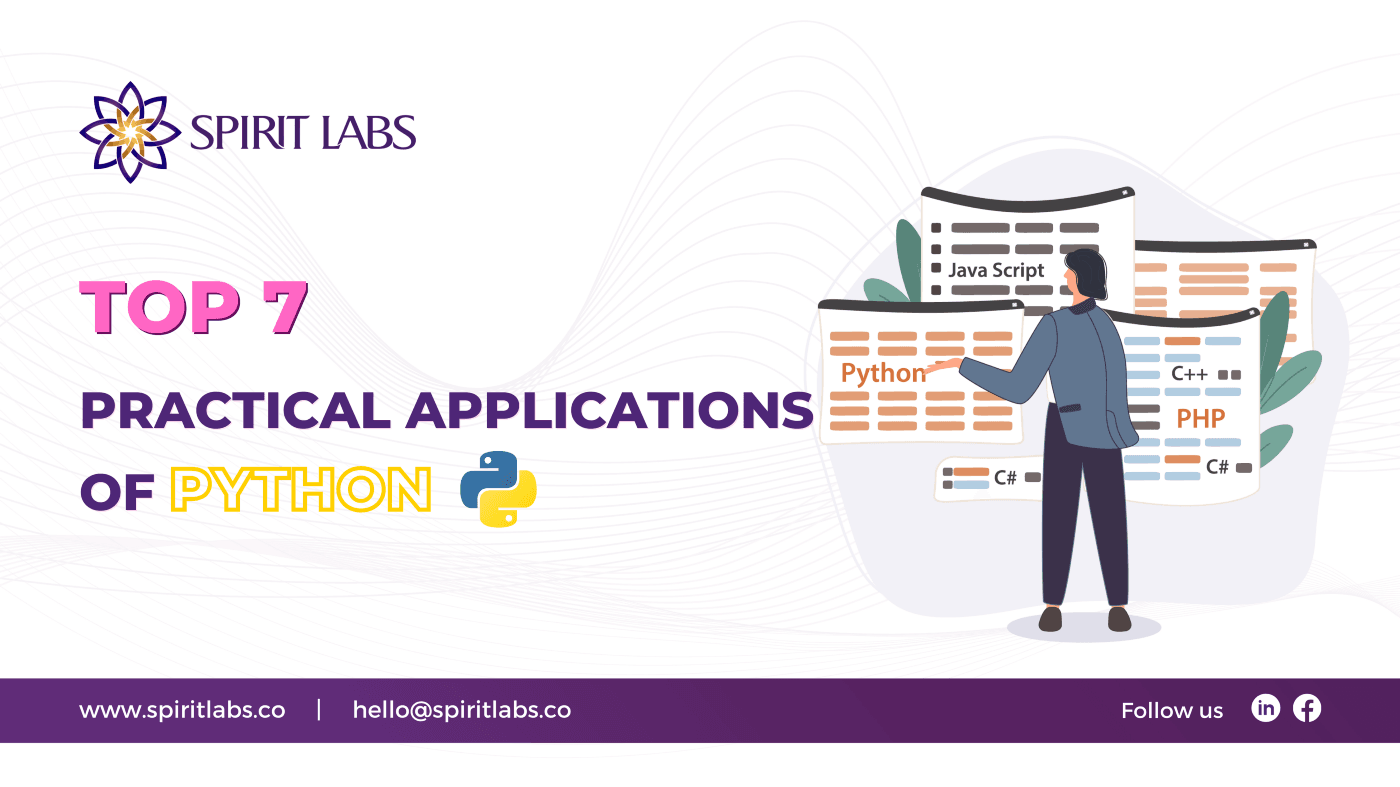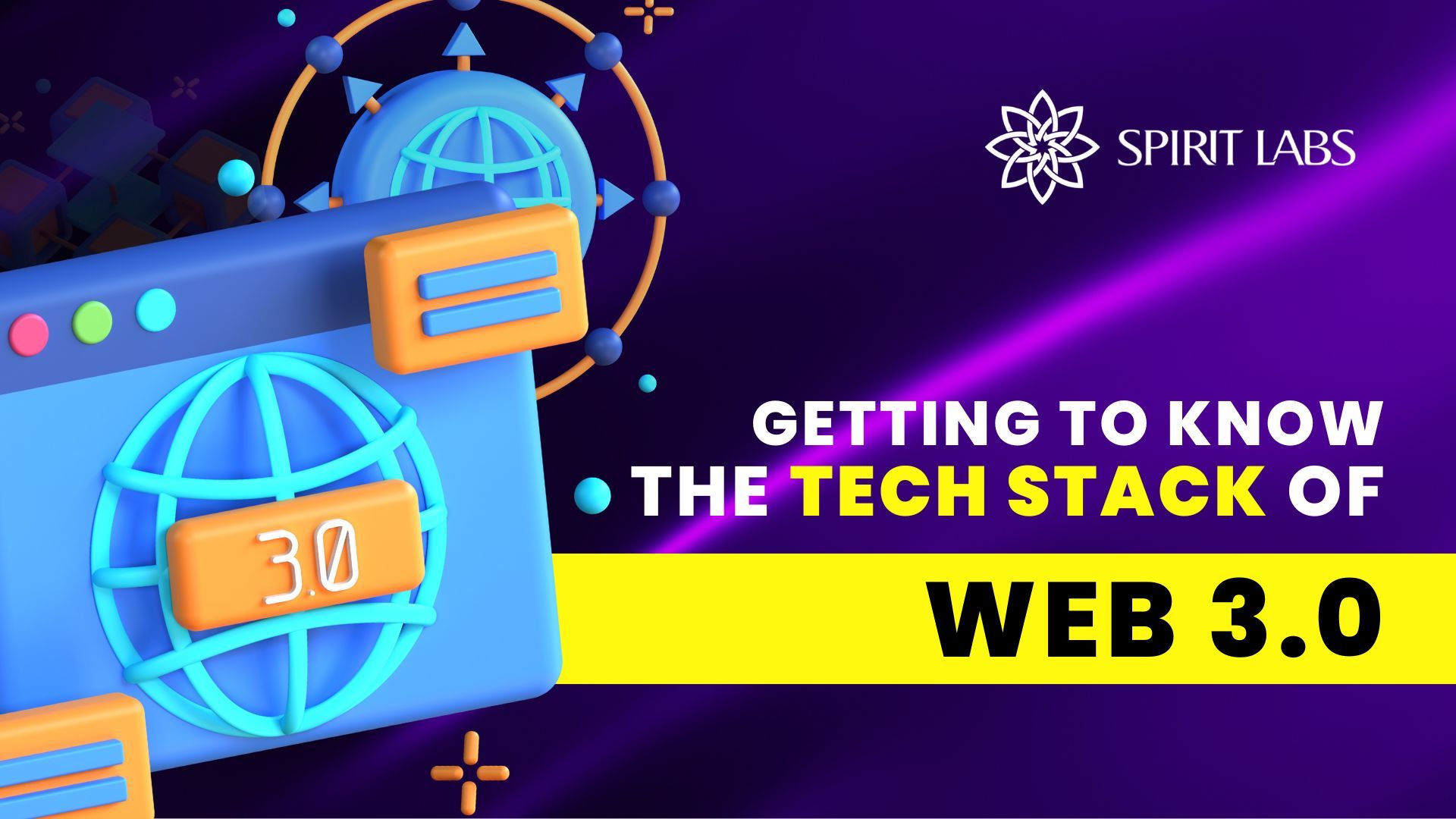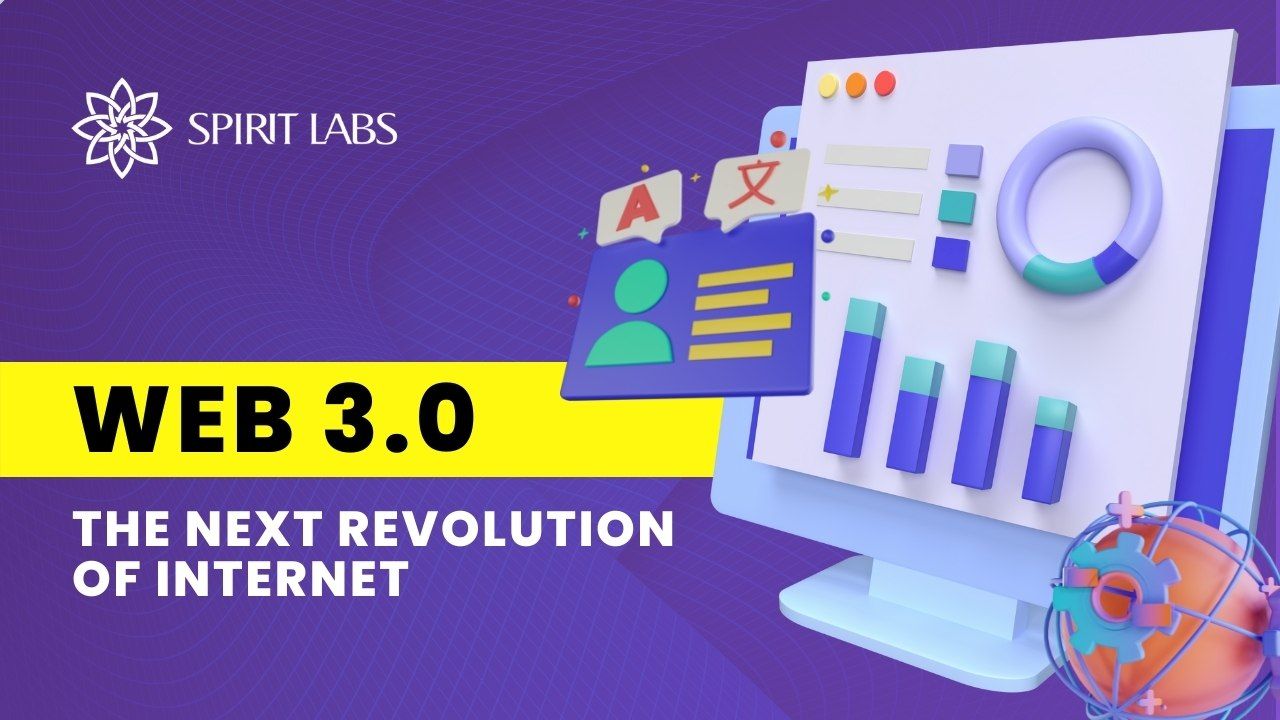
Top 7 Practical Applications That Python Uses
There are various programming languages in the world, professional and aspiring developers often find themselves in a fix when deciding which language to focus on to direct their careers.
According to the TIOBE index, which measures the popularity of programming languages, Python is the third most popular programming language in the world, behind only Java and C. Python uses object-oriented programming, which is perfect for large-scale applications of Python as well as for small programs. This programming language has a very wide array of usages. It is actually everywhere around us and sometimes we don’t even realize that it is there. Due to the fact that it is really easy to learn, simple to use and write, and clear to read, Python programming language has various practical applications that we can use in our projects.
Let’s find out what these amazing applications of Python are.
AI projects differ from traditional software projects. The differences lie in the technology stack, the skills required for an AI-based project, and the necessity of deep research. To implement your AI aspirations, you should use a programming language that is stable, flexible, and has tools available. Python offers all of this, which is why we see lots of Python AI projects today.
From development to deployment and maintenance, Python helps developers be productive and confident about the software they’re building. Benefits that make Python the best fit for machine learning and AI-based projects include simplicity and consistency, access to great libraries and frameworks for AI and machine learning (ML), flexibility, platform independence, and a wide community. These add to the overall popularity of the language.
Python development is a savior when it comes to pulling a large amount of data from websites which can then be helpful in various real-world processes such as price comparison, job listings, research and development and much more.
Famously known as the go-to programming language for web development, Python has an important role to play in it. Python has a large array of development tools and frameworks for every type of use. Famous full-stack web frameworks such as Django, TurboGears, and Web2Py include an HTTP application server, a database management system, a templating engine, and a request dispatcher for server-side development and an AJAX toolkit along with UI elements for client-side development.
In addition, Python can enhance speed and productivity of the website. It adds value by supporting enhanced process control abilities which adds up to increase its speed and productivity.
Python isn’t only the most-popular language for introductory CS programs, it’s also the fastest-growing language for embedded computing. While C/C++ is slow to write, error prone, and frequently unreadable, Python is known for its writability, error reduction, and readability. The importance of readability can’t be overemphasized: when you’re working in a team, readability is paramount to maintaining the code. It has to be easily decipherable unless you’re willing to shell out more time and money on debugging and quality assurance. The design reuse of Python far outclasses C/C++, and in today’s Agile environments design reuse can be the difference between staying ahead or falling behind the competition.
Embedded algorithms are getting increasingly complex. Simple control loops are being replaced by neural networks and other heavily-involved processes that have helped Python gain its foothold. There are Python libraries like Theano that will optimize Python code for these processes. While Theano is mostly written in C/C++, Python is used to interface with high-performance libraries in a human-friendly way. Python libraries are thriving — PyPI, the Python package index, has over 80,000 modules, and these massive compendiums dramatically increase the productivity of programmers by giving them the option to skip a few steps and use already-established functions in their own code.
The robust standard library of Python makes it perfect for building entire operating systems. The object-oriented design of the language ensures large projects are easily managed. Python is compatible with most operating systems and can be easily used to build native applications for Windows and Mac computers.
Python is a powerful programming language and so is C. When these two are combined together, many operating systems are developed. The use of Python in creating operating systems came to life with Ubuntu’s Ubiquity, and Red Hat’s Anaconda and Fedora. OSes made with Python are running billions of computers today.
Python is a savior when it comes to pulling a large amount of data from websites which can then be helpful in various real-world processes such as price comparison, job listings, research and development and much more.
The financial industry uses Python on almost every front. Along with FinTech companies, other enterprises also prefer Python. You can design business apps that integrate with existing systems like databases and other websites or non-web apps.
Business Applications are different from our normal applications covering domains such as e-commerce, ERP and many more. They require applications which are scalable, extensible and easily readable and Python provides us with all these features. Platforms such as Tryton are available to develop such business applications.
REFERENCES:
- Article: What is Python used for? by Futurelearn
- Article: TOP 10 uses of Python in real world with examples by Priyanka Pant
- Article: Python vs. C/C++ in embedded systems by Tom Radcliffe
- Article: Top 10 Python Applications in the Real World You Need to Know by Akash
- Article: 8 Major Advantages Of Python For Web Application Development


